On July 12, the media filtermag published a commentary on the FDA’s ban on the sale of Juul products, pointing directly at the FDA’s arbitrary enforcement.
Special Note: The Influence Foundation, which operates Filter, has received funding from Juul Labs, Inc. Filter’s editorial independence policy applies.
The following is the full text:
That’s what raged in the tobacco harm reduction community when the U.S. Food and Drug Administration (FDA) ordered Juul e-cigarettes to be pulled from the market on June 23. what is the reason? The agency claims that after reviewing $100 million worth of scientific submissions and determining that millions of people have been using Juul e-cigarettes (primarily as an alternative to deadly cigarettes) for years without apparent adverse health effects, “there are not enough Evidence to assess the potential toxicological risks of using JUUL products” and they are “not suitable for the protection of public health.”
On July 5, the FDA issued an administrative stay in its sole discretion after reviewing Juul’s legal filings. The decision had been under review for two years. Suddenly, however, the agency decided the application had unique scientific problems that required additional review.
Juul got a suspended sentence.
It is the comparison of the harm-reduced product with the cigarettes it replaces that matters — not some arbitrary, manipulated bureaucratic standard.
The FDA’s lies are shocking when overwhelming evidence to the contrary is apparent. Just like at the FDA! The agency recently authorized the sale of several e-cigarettes under its Premarket Tobacco Product Application (PMTA) process: Logic, NJOY Ace and Vuse Solo. In 2019, under a different process, it authorized the heat-not-burn product IQOS to be marketed as a modified risk, and approved an updated version in 2020. How can anyone believe that these brands protect public health when Juul and the thousands of other rejected products don’t?
That’s what makes vapers and tobacco harm reduction proponents so outraged: rampant scientific denial and arrogant disregard for the experiences of millions who quit smoking with Juul or other vaping cigarettes. It is the comparison of the harm-reduced product with the cigarettes it replaces that matters — not some arbitrary, manipulated bureaucratic standard.
The FDA is either so ignorant that it doesn’t realize it or doesn’t care, and its clear political decision to punish Juul for what it called a violation a few years ago will only appease anti-vaping fanatics, damage public trust and invite more contempt for the agency.
If that happened, banning Juul would be a crime and would be notorious for imposing the death penalty on smokers.
Harm reduction campaigns have long faced dire realities. The U.S. government doesn’t really care about preventing premature death or suffering, from drug overdoses to HIV/AIDS to COVID-19 to mass shootings.
The FDA’s action is the latest evidence that cigarettes continue to kill more than 480,000 people in the U.S. each year — and when there is a proven tool to reduce or even eliminate those deaths.
Amid all the misinformation, hatred and fear spreading, we should never forget the revolution that James Monces and Adam Bowen started when they created Juul. It was the first e-cigarette to take off on this scale, and it has helped millions of people around the world quit smoking. Jules saved lives.
Monsees and Bowen, themselves ex-smokers, say their goal is to “remove combustible cigarettes from the face of the earth.”
To that end, they’ve been working for years to create an e-cigarette that’s safe, attractive, easy to use and delivers just the right amount of nicotine. They’ve created a sleek, Apple-inspired device that’s thoughtfully designed to look less like a cigarette and be discreet. One day it should be on display at the San Francisco Museum of Modern Art. People prefer it to cigarettes!
The goal of eliminating cigarettes is in serious jeopardy — not because of Juul’s mistakes in launching and selling the product early on.
Instead, that goal has been thwarted by U.S. Tobacco Control groups bent on destroying vaping companies, closing small vape shops, and passing more vaping restrictions and flavor bans. Over the years, this frantic, multi-pronged strategy has shifted from a cessation of smoking to a total ban on nicotine.
Now, it’s as if the FDA has become a branch of the Drug Enforcement Administration (DEA), an agency built to fight drugs.
The level of cruelty is staggering, especially when you consider who has the highest rates of smoking and who most need harm reduction alternatives: the homeless, Aboriginal, LGBTQ, people with a mental health diagnosis.
The Truth Initiative, Campaign for Tobacco-Free Kids (CTFK) and Parents Against Vaping (PAVE) are making a splash on Juul with Bloomberg funding and powerful allies in Congress. In a way, this is a proxy war against tobacco companies they can never destroy. Their trump card is the constant reference to the tobacco industry’s evil past to discredit them, and they hope to wipe out the future of e-cigarettes.
They created a classic drug scare, accusing Juul of creating an epidemic of teen vaping. The number of teens trying Juul has increased over the years. It’s cool to use a Mango Juul at a party, and sneaky smoking in a school bathroom is rebellious. But there has never been an epidemic. Daily e-cigarette use among young people who never smoked remains low.
The corporate media has played a shameful role in perpetuating this fiction. Week after week, they published completely biased, exaggerated, and unsubstantiated stories about Juul. The article condemned the company for “enrolling a new generation on nicotine” and “sowing the seeds of a public health crisis,” asking, “Is Juul seducing teens and acquiring lifelong customers?”
Tobacco harm reductionists always knew it was a fad, and eventually Juuling wouldn’t be cool and teens would quit smoking or move on to the next fashion brand.
We were right.
The 2021 National Youth Tobacco Survey shows a 60% drop in youth vaping. In 2019, high school e-cigarette use (last 30 days) peaked at 27.5%; last year it was 11.2%. guess what? The single-use e-cigarette Puff Bar is now more popular among teens than Juul, according to the Centers for Disease Control and Prevention (CDC) and the FDA. Fewer than 6 percent of high school vapers said Juul was their preferred brand, compared with 26 percent who used Puff Bar.
So Juul didn’t smack a new generation on nicotine, and it didn’t attract customers for life.
But the attacks continued. The company has been inundated with lawsuits.
In 2021, it agreed to pay $40 million to settle in North Carolina. Thirteen other states, including California, Massachusetts and New York, have also filed suit. Nearly 2,000 other cases have been filed by the city, county and school district. The core claim in each case is that Juul deliberately allowed teens to indulge in its products containing “high” levels of nicotine pods. It doesn’t matter that there’s more nicotine in a pack of cigarettes than Juul pods, or that youth smoking rates — the real problem — have dropped to an all-time low.
Attempts to bankrupt Juul through a tsunami of lawsuits and an FDA sales ban are the end of the line for extremists in the tobacco control group. The prospect that millions of adults will no longer have access to safe alternatives to cigarettes doesn’t bother them.
How many other smokers would make a change if the war to destroy Juul hadn’t been waged? This is the real tragedy.
Juul made mistakes, but which company didn’t? It tried to correct them, but tobacco control fanatics and some in the tobacco harm reduction community did not. The problem is that Juul’s attempts to appease vaping opponents have proven to be futile.
The company did not vigorously challenge the vicious lies that tobacco control groups, medical societies and junk scientists continue to spread. It did not explicitly reject the false narrative that its products contributed to the teen vaping epidemic. It issued a public apology to parents of teens who vaped. Its promise to crack down on underage use — something it could never fully deliver — drew more criticism for it.
It voluntarily pulled its popular flavored pods from the market before it was required by law — angering Juul users and defaulting to the idea of ??using flavors to appeal to minors. It reached a legal settlement in the lawsuit and issued a statement saying the company was in reset mode and wanted to win the trust of key stakeholders.
This strategy of pleading for redemption only emboldens Juul’s haters. Rather than focusing on vulnerable groups with the highest smoking rates, the company was forced to be on the defensive and into survival mode.
Juul disappeared into the secretive and super-expensive hell of the FDA PMTA process. Because of the decades-long comfortable relationship between the FDA and people like Matt Myers, Deck has always been against getting authorization. For 26 years, Myers has been the leader of the CTFK Carnival. With close ties to the former FDA commissioner, the incompetent and bloated Mitch Zeller, and current cardiologist Robert Califf, his misconceptions about e-cigarettes are hopeless.
PAVE was also able to force the FDA’s decision on Juul’s PMTA. Powerful politicians aligned with the anti-vaping agenda have exerted enormous pressure through back-channeling and public shaming to shut down Juul.
During a Zoom webinar in June, Rep. Raja Krishnamoorthi (D-IL) showcased this heartwarming relationship with the two founders of PAVE.
“I’m glad the FDA, after my office and I actually had a long conversation with the FDA commissioner about this…finally decided to stop Juul from releasing this rather vague set of marketing materials about their product and releasing marketing Deny the order,” he said. “I’m glad we have an ally in the FDA Commissioner who is willing to look at this issue with the necessary objectivity to decide what needs to be done to protect American health.”
objectivity? Protect your health? It would be ludicrous if so many people’s lives were not at risk.
Tobacco control created an atmosphere for Juul that undoubtedly made it dangerous for the company to do anything. But it would be nice to see Juul go all out against its enemies of harm reduction, mobilizing a “Juul Nation” consumer to fight for their vaping rights. It has funds to fund advocacy groups to hold public hearings to testify against vaping and flavor bans, and to put pressure on politicians. It could have held conferences and used social media platforms to debunk myths about vaping and expose the junk science they are based on.
The forces against Juul and vaping show that they don’t care if smokers continue to die.
Crucially, Juul needs to crack down on the outright falsehood that falsely links nicotine vaping to the 2019 lung disease outbreak—the name EVALI, or “vaping-related lung injury,” itself has yet to be reinstated. a lie.
Juul could have sued tobacco control groups, the FDA and the media for libel or libel and threatened to shut them down. There is no doubt that these groups and the media have published many false statements and allegations that harm the company. Instead of apologizing and paying millions of dollars in bogus lawsuits, Juul should reveal the true motives of all lawsuits.
When it applied to an appeals court to temporarily suspend the FDA’s marketing denial order, it finally did. Juul argues that the FDA, under intense political pressure from Congress, once became politically convenient to blame Juul Labs, Inc. for teen vaping, even though several of its competitors now have larger market shares and higher Use under age.
The forces against Juul and vaping show that they don’t care if smokers continue to die. But at least Juul and its allies can do all they can to fight for smokers’ rights to products that can save their lives.
That is memorable.


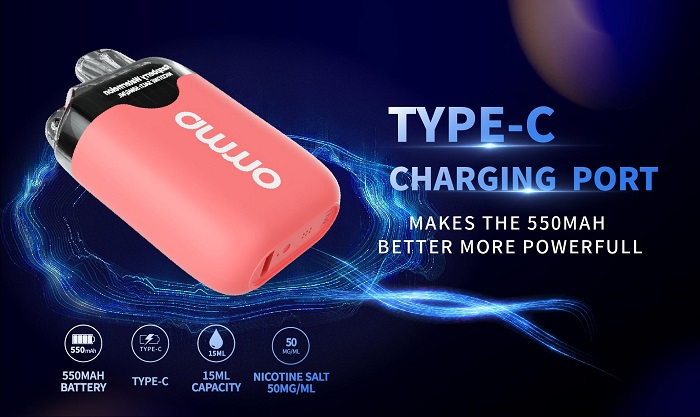
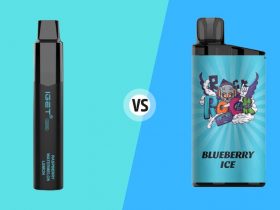
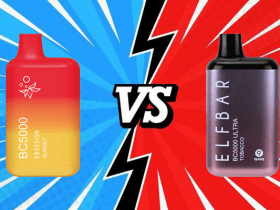
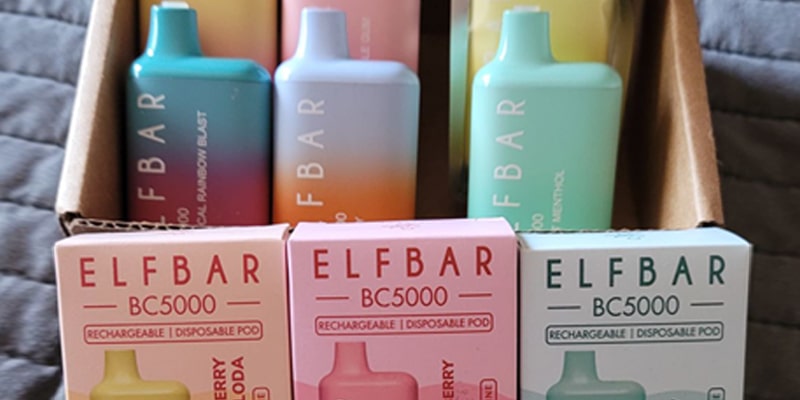
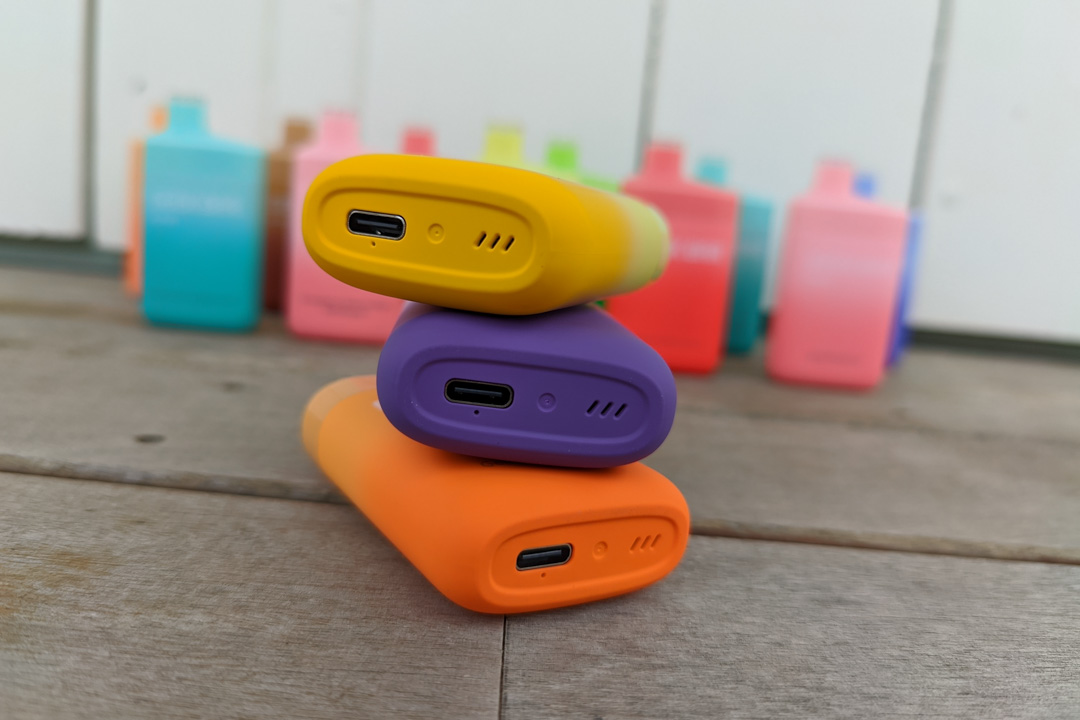



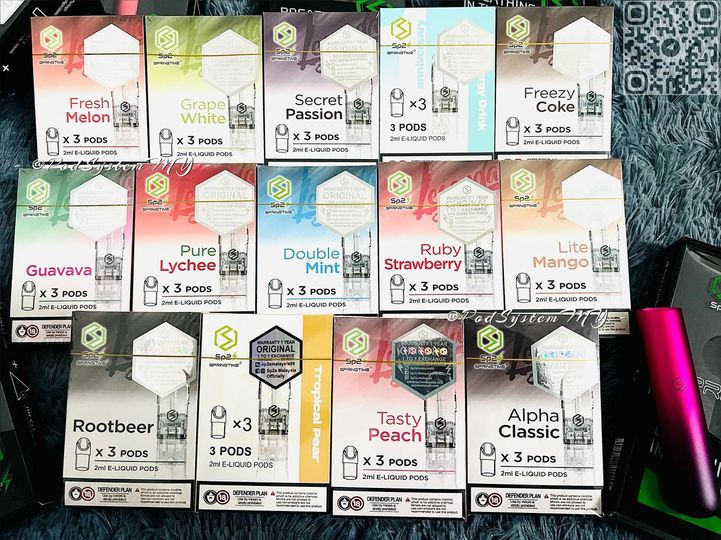
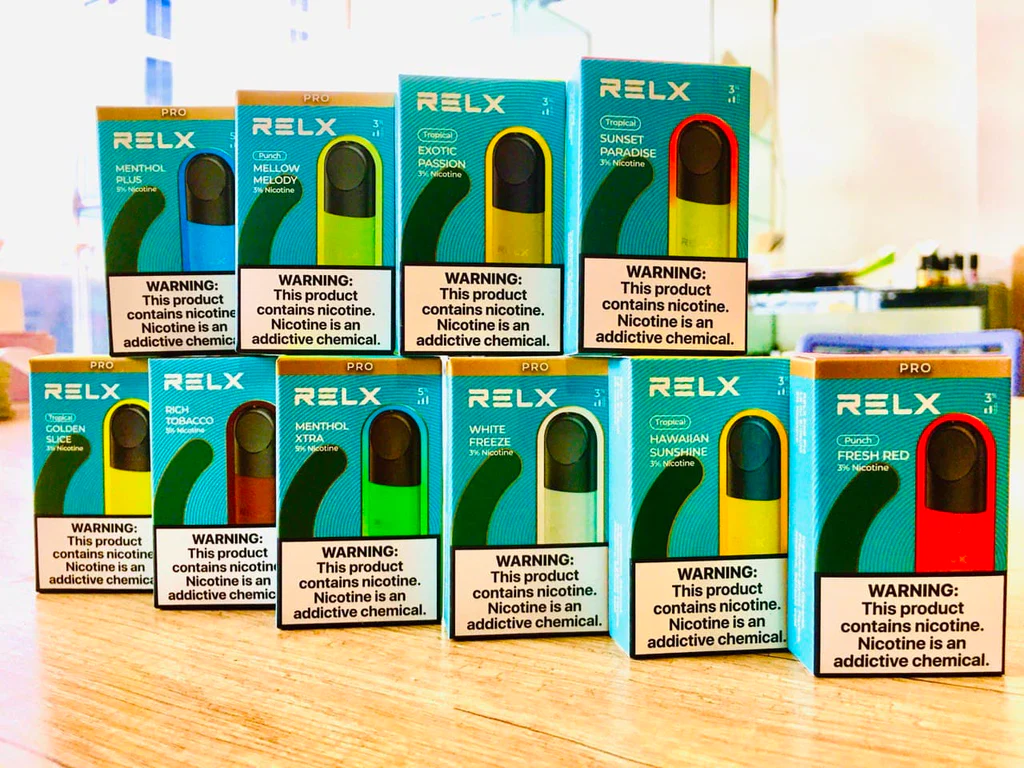
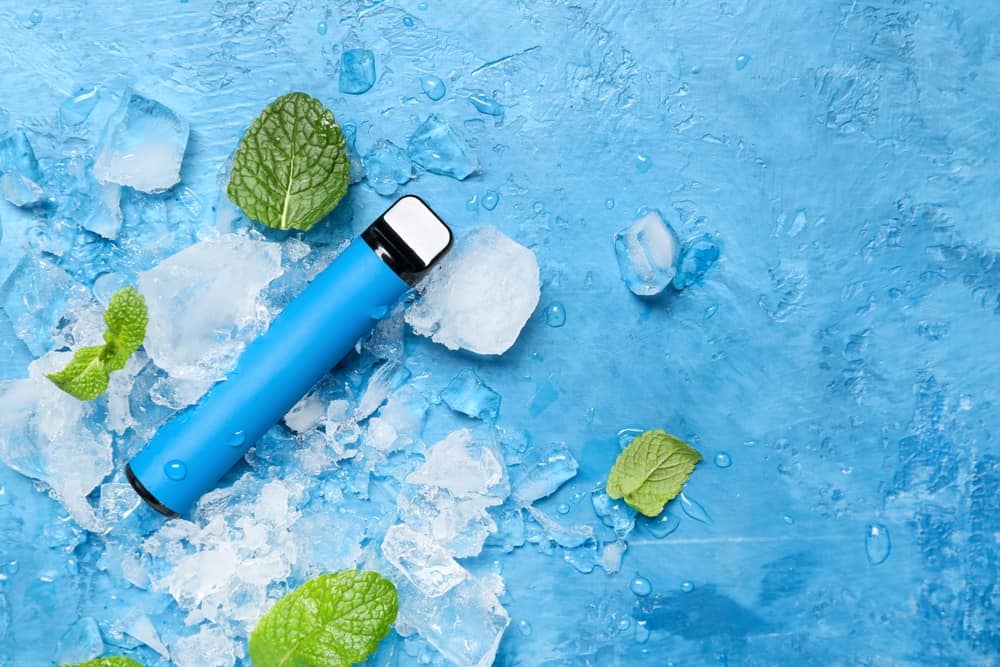
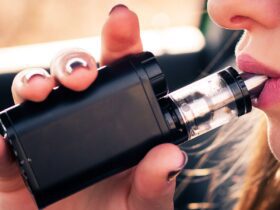



Leave a Reply